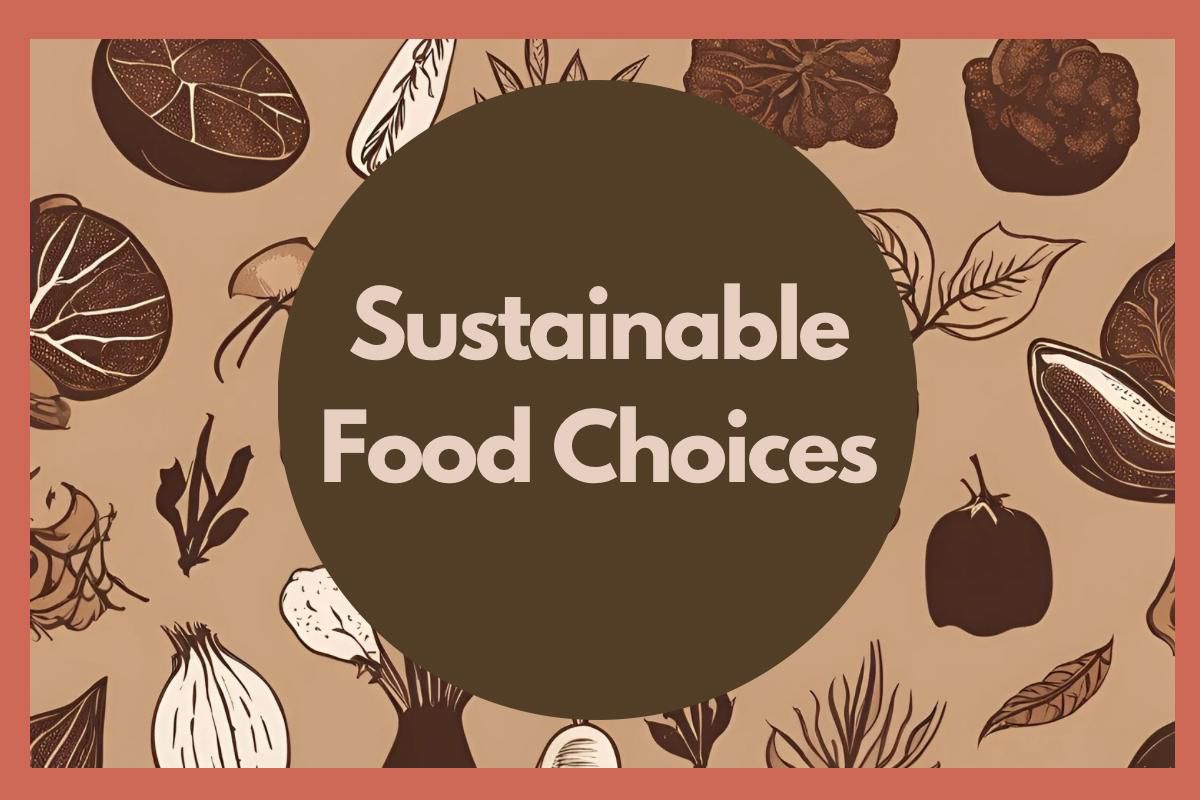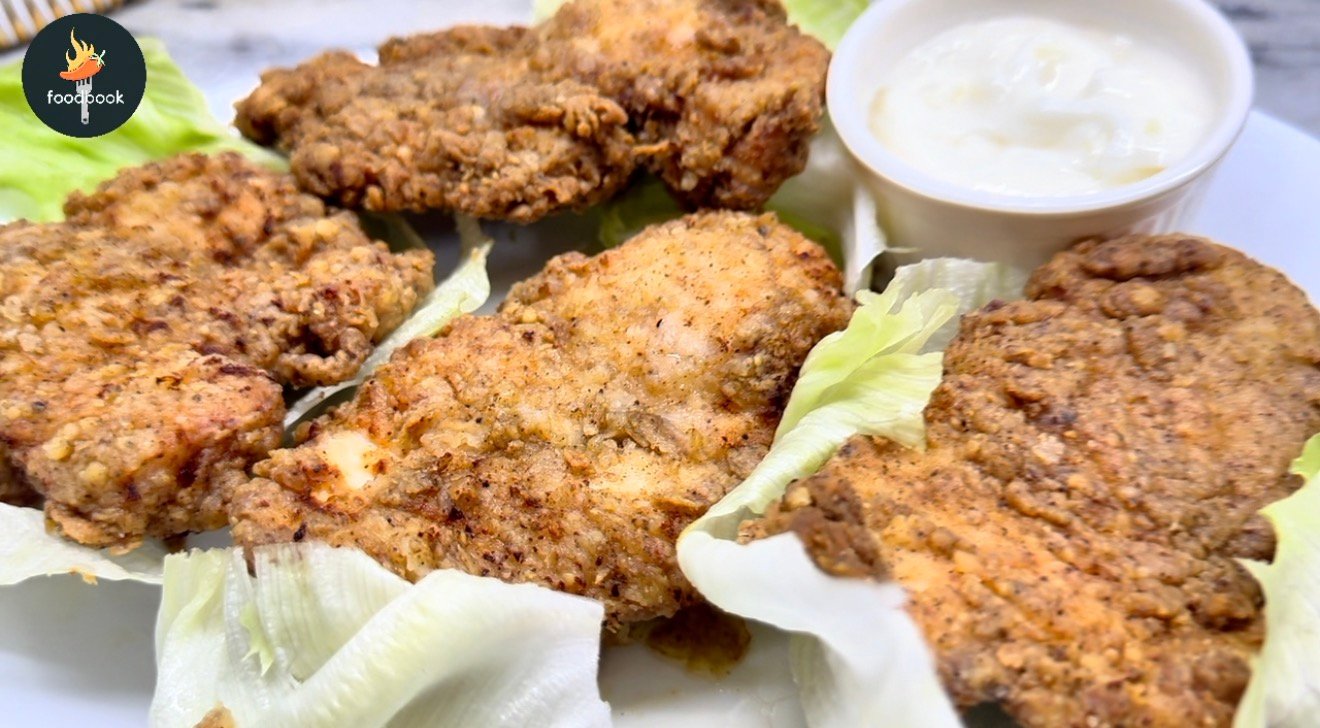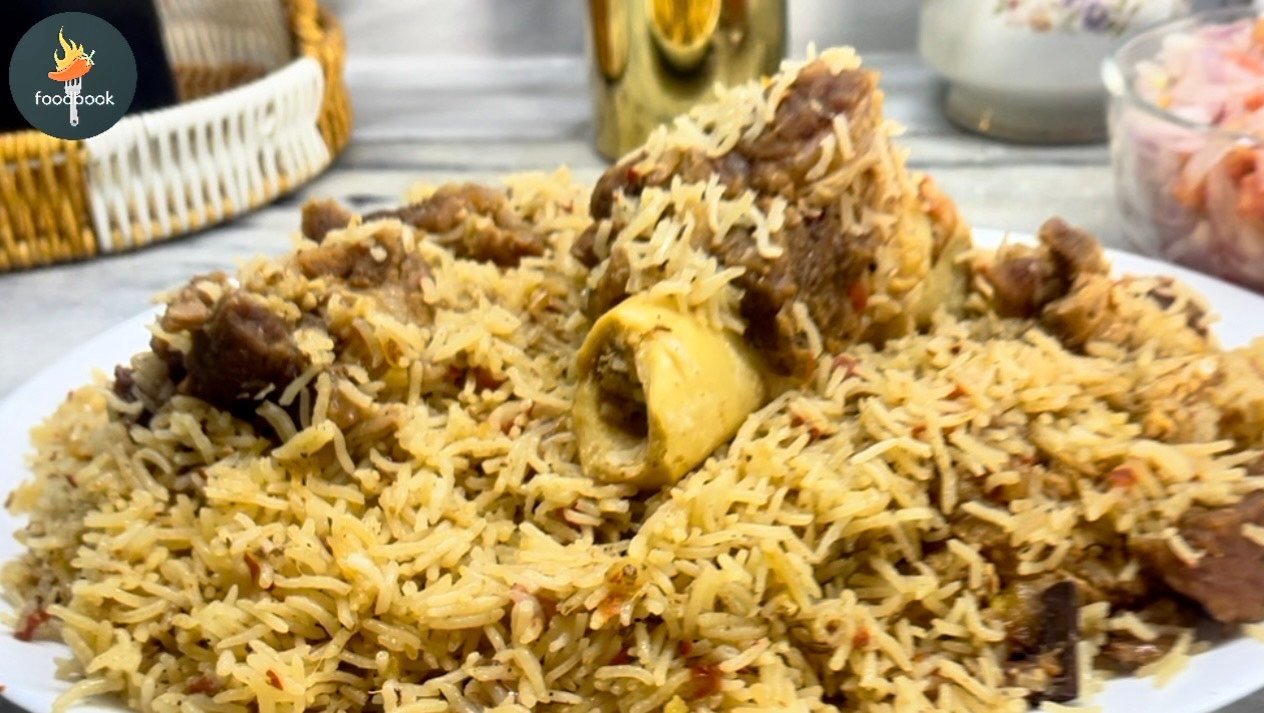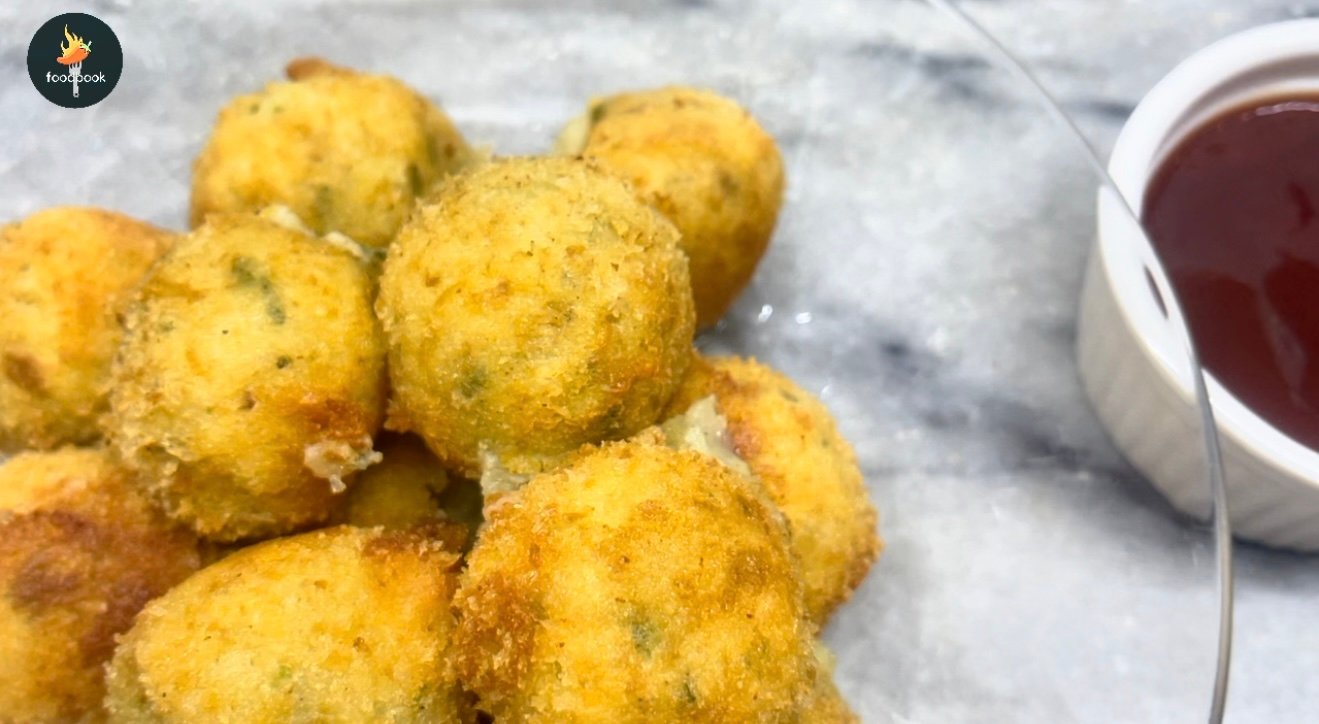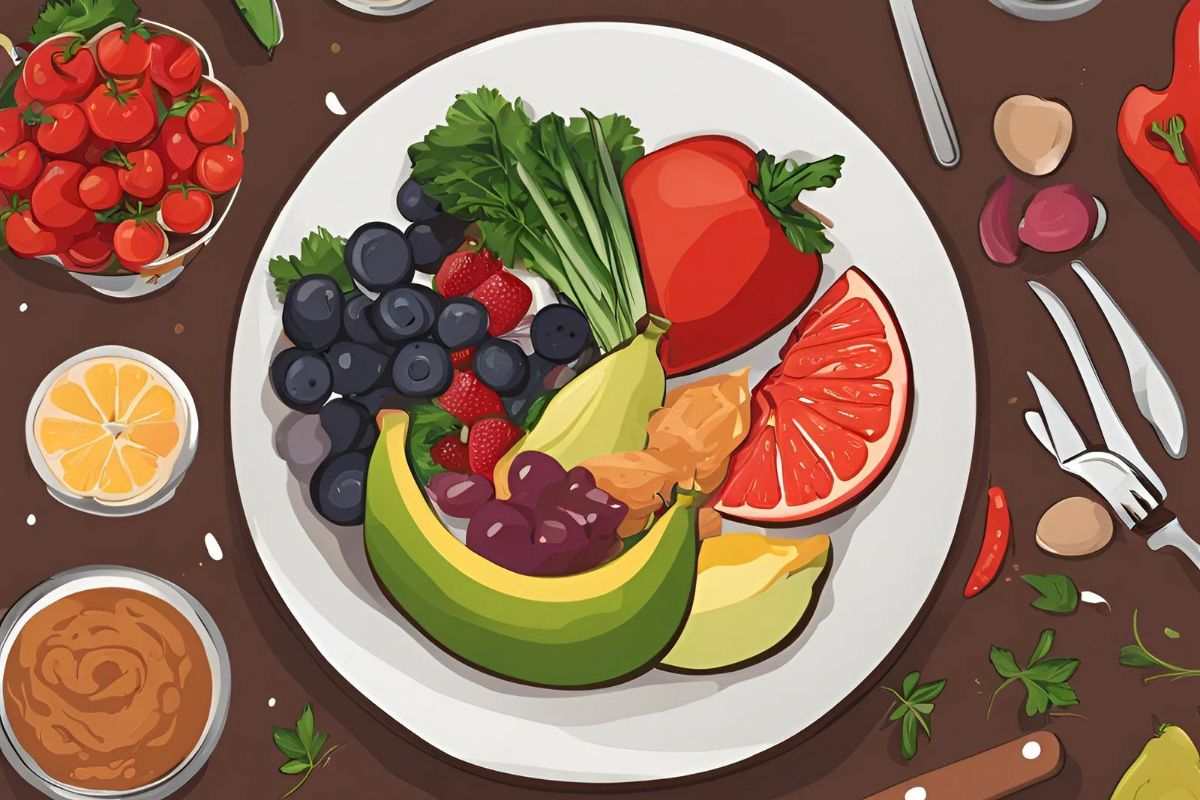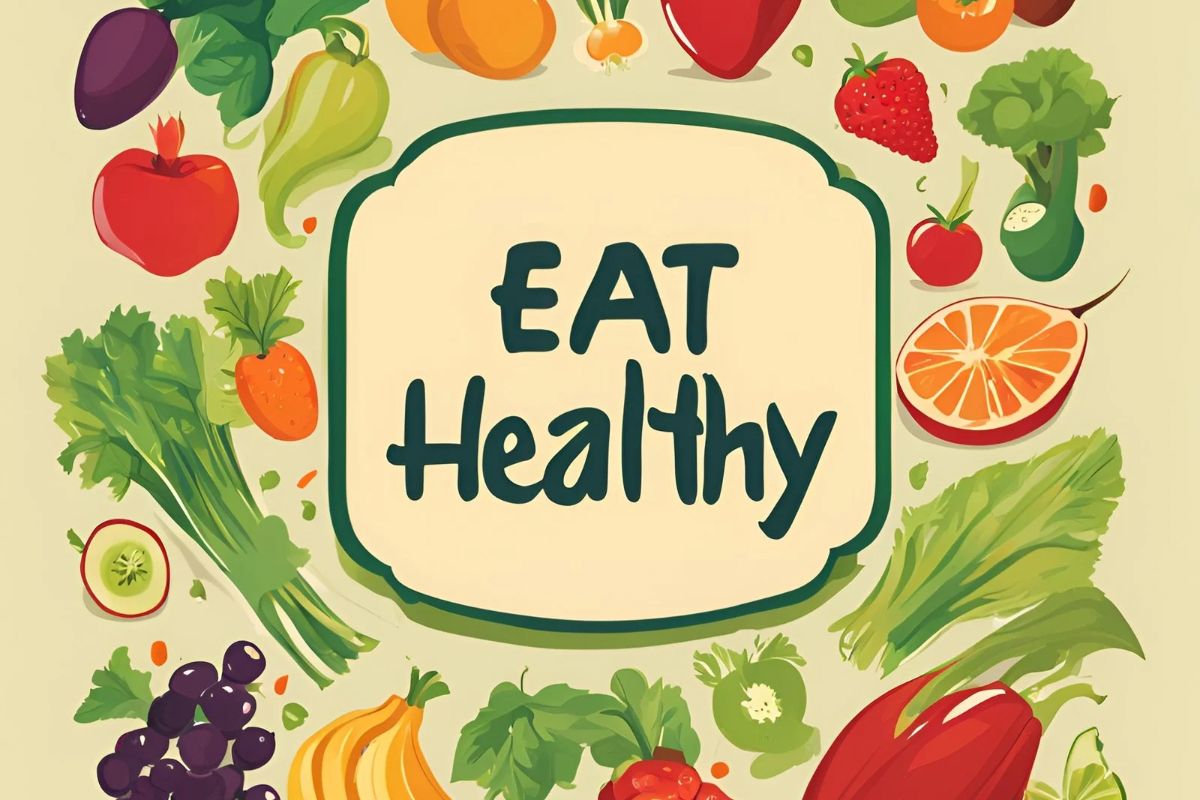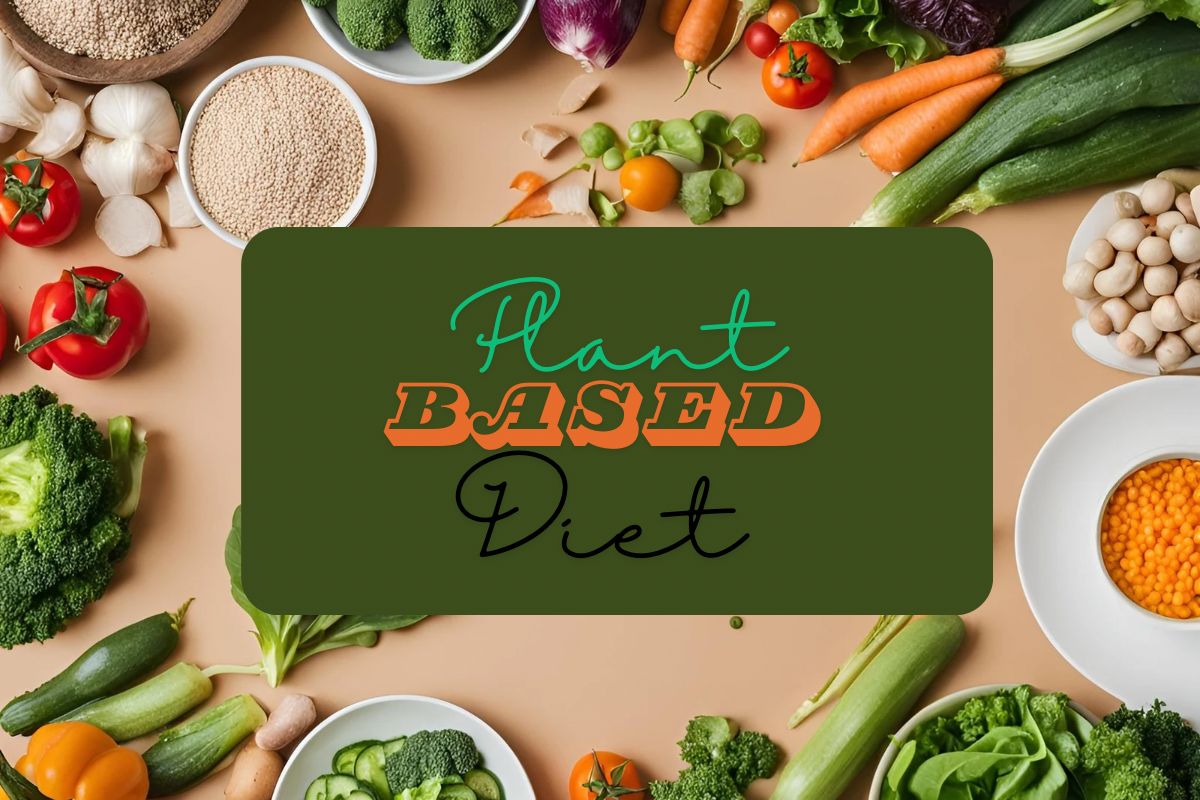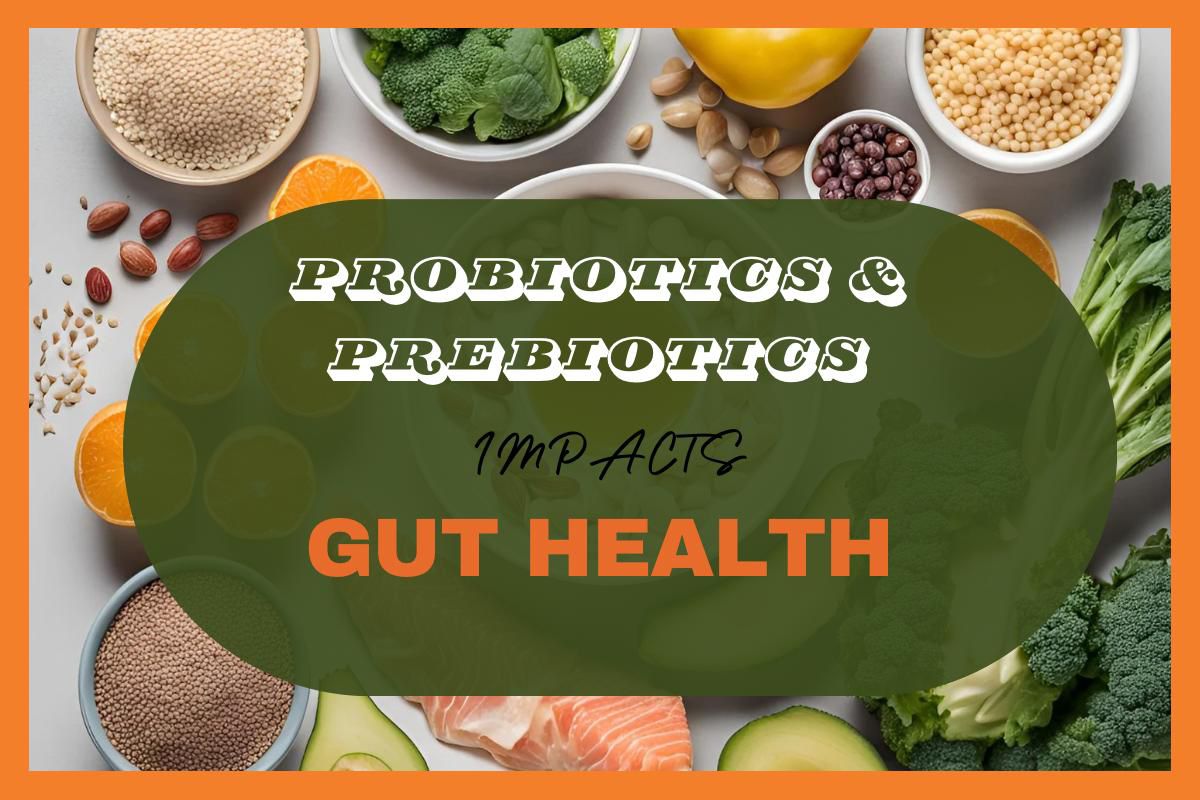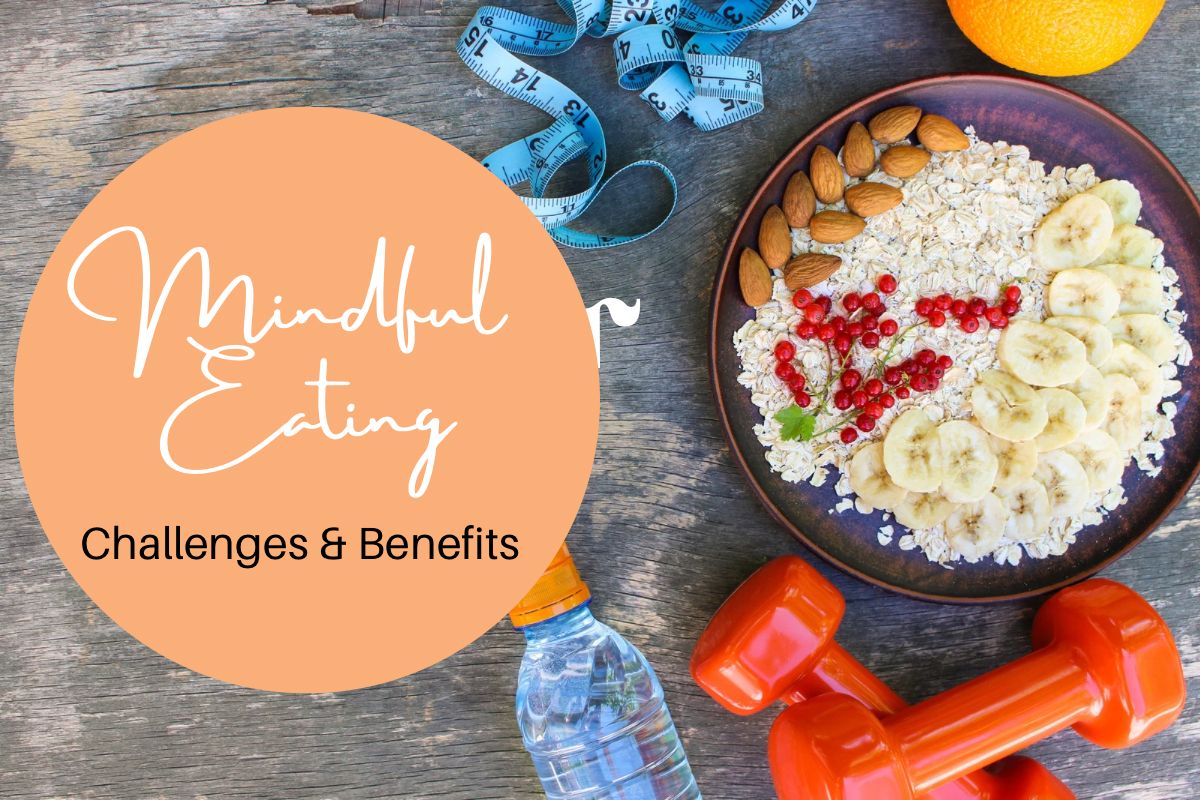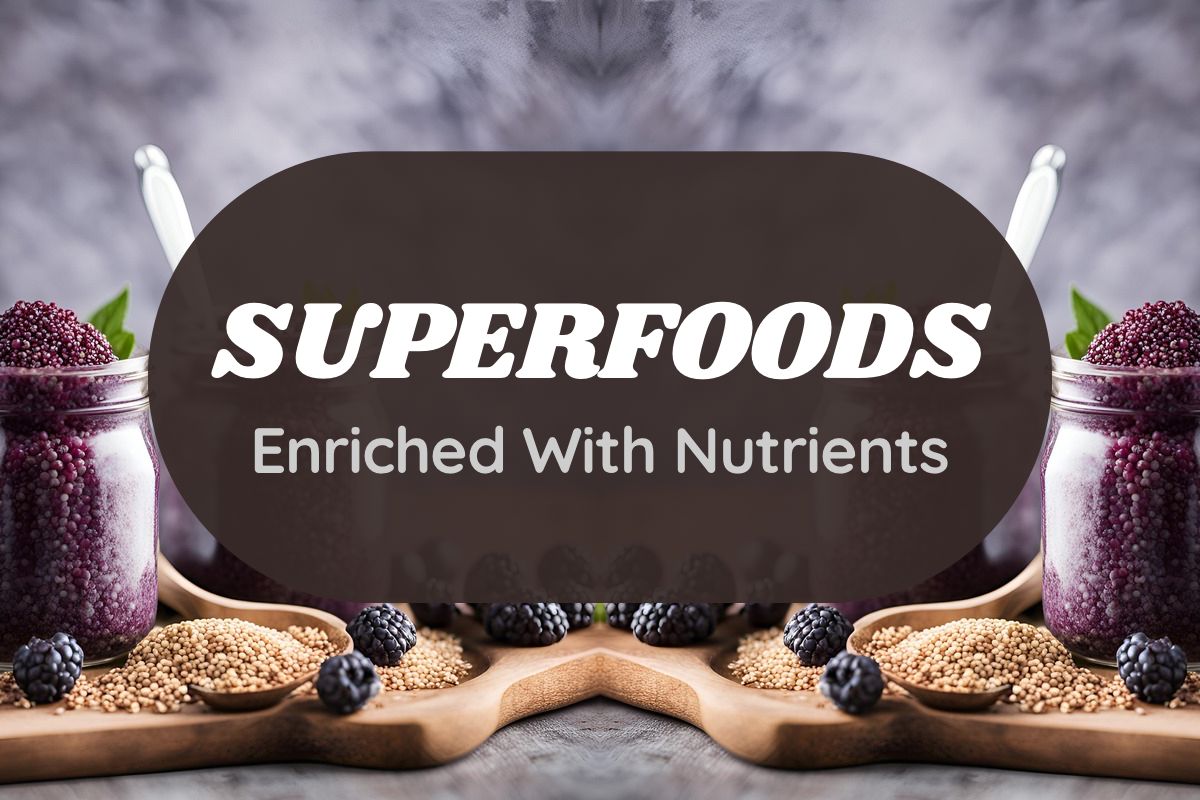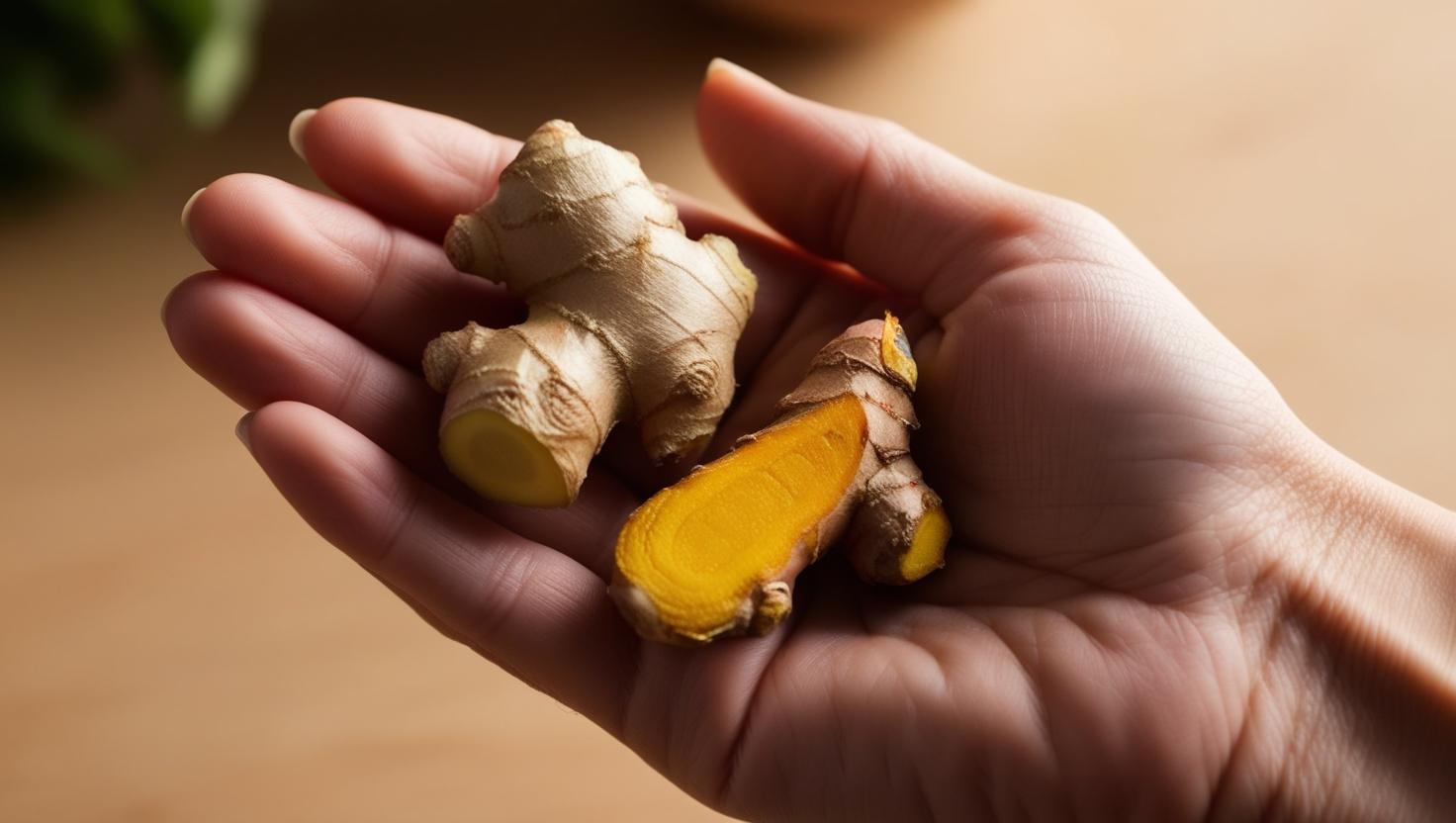foodie! Sustainable eating isn’t about deprivation, it’s about making conscious choices that are good for you and the Earth. This guide will equip you with practical tips on how to navigate the world of sustainable eating, from choosing eco-friendly ingredients to minimizing food waste. So grab your reusable shopping bag, put on your eco-warrior cape, and let’s get started!
Food – it fuels our bodies, brings us together, and can be a source of immense enjoyment. But have you ever stopped to think: Do our meals impact the planet?
Yes, our meals impact the planet. The truth is, the food system can be a major contributor to environmental concerns. From greenhouse gas emissions to water usage, the choices we make at the grocery store and in the kitchen can have a ripple effect on our planet.
Can Healthy Food Choices Save Our Planet?
Yes, healthy food choices can save our planet. By embracing sustainable eating practices, you’re not just nourishing your body, you’re contributing to a healthier planet.
Studies by the Food and Agriculture Organization of the United Nations (FAO) estimate that food waste accounts for roughly one-third of the food produced globally. That’s a staggering amount of wasted resources, not to mention the environmental impact associated with producing that food. So, by reducing food waste, we can significantly lessen our environmental footprint.
How Plant-Based Meals Can Safe The Planet?
Plant-based meals can safe the planet by reducing the harm being caused with meat production. Meat production, while a significant source of protein, also comes with a hefty environmental cost. Livestock farming contributes to greenhouse gas emissions, deforestation, and water pollution. So, incorporating more plant-based meals into your diet is a powerful way to reduce your environmental impact.
Don’t worry, this doesn’t mean giving up meat entirely! Think of it as a delicious adventure into the world of vegetarian and vegan cuisine. There’s a whole spectrum of possibilities, from veggie burgers and lentil stews to colorful bean salads and tofu scrambles.
Here are some tips to get you started:
- Meatless Mondays: Dedicate one day a week to plant-based meals. It’s a simple change that makes a big difference.
- Explore Plant-Based Proteins: Discover the power of legumes (beans, lentils, peas), nuts, and seeds. These provide a complete protein source and are packed with essential nutrients.
- Get Creative with Grains: Whole grains like quinoa, brown rice, and barley are not only delicious but also offer a good dose of fiber.
Shop Smart, Eat Smart
The grocery store can be a battleground of temptations and confusing labels. But with a little planning, you can make eco-friendly choices that are good for your wallet and the planet.
- Embrace Local and Seasonal: Opt for locally grown produce whenever possible. This reduces the carbon footprint associated with transportation and supports your local farmers’ markets. Seasonal produce tends to be fresher, more flavorful, and often comes at a better price.
- Look for Sustainability Certifications: Many products carry certifications that indicate sustainable farming practices, such as organic or fair trade labels. While not always perfect, these labels can be a helpful guide when making choices.
- Plan Your Meals and Stick to a List: Impulse buys often lead to food waste. Planning your meals for the week and creating a shopping list helps you avoid unnecessary purchases.
- Think Beyond Plastic: Bring your own reusable shopping bags and consider buying loose produce that doesn’t require excessive packaging.
Championing Food Waste Reduction
Food waste is a significant global issue, and reducing it is a crucial aspect of sustainable eating. Here are some tips to help you become a food waste warrior:
- Storage Savvy: Proper storage is key to extending the shelf life of your food. Learn how to store fruits, vegetables, and leftovers correctly to avoid spoilage.
- Embrace the Power of Leftovers: Repurpose leftovers into creative meals. Leftover chicken can be transformed into a delicious salad, and roasted vegetables can be used in frittatas or soups. Get creative and give those leftovers a second life!
- Befriend the Freezer: Freezing is a fantastic way to extend the shelf life of food. From cooked meals to fruits and vegetables, the freezer can be your ally in reducing waste.
- Get Crafty in the Kitchen: Don’t let those slightly wilted greens or lonely banana go to waste! Explore recipes that can utilize these ingredients, or use them to make delicious smoothies.
Sustainable Eating – It’s Delicious and Doable!
Sustainable eating isn’t about drastic changes or fad diets. It’s about making small, conscious choices that have a positive impact on your health and the planet. By incorporating plant-based meals more often, prioritizing local and seasonal produce, shopping smart, and tackling food waste, you can become an eco-warrior in the kitchen.

